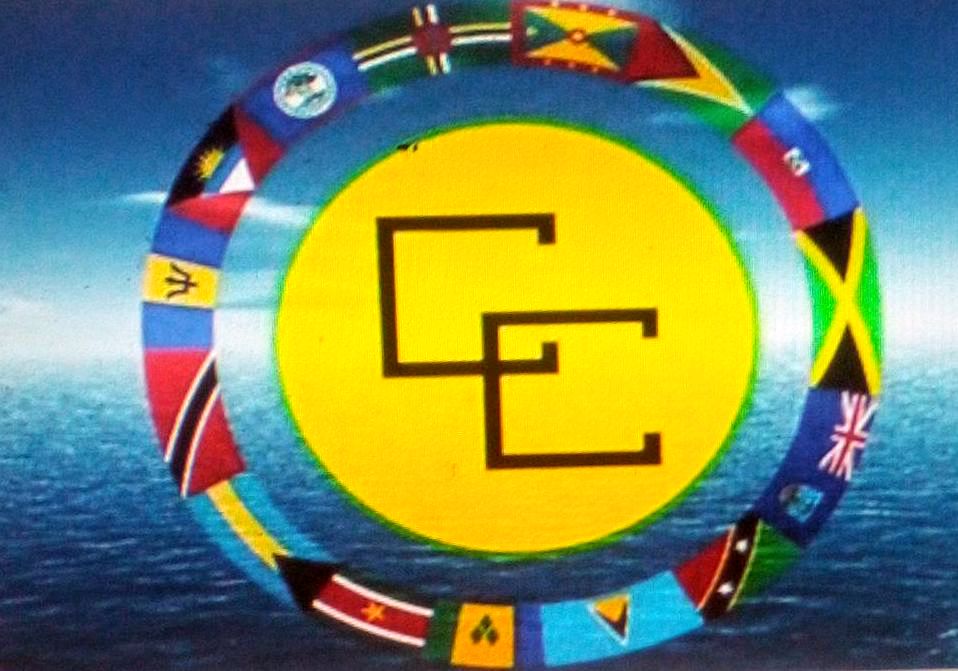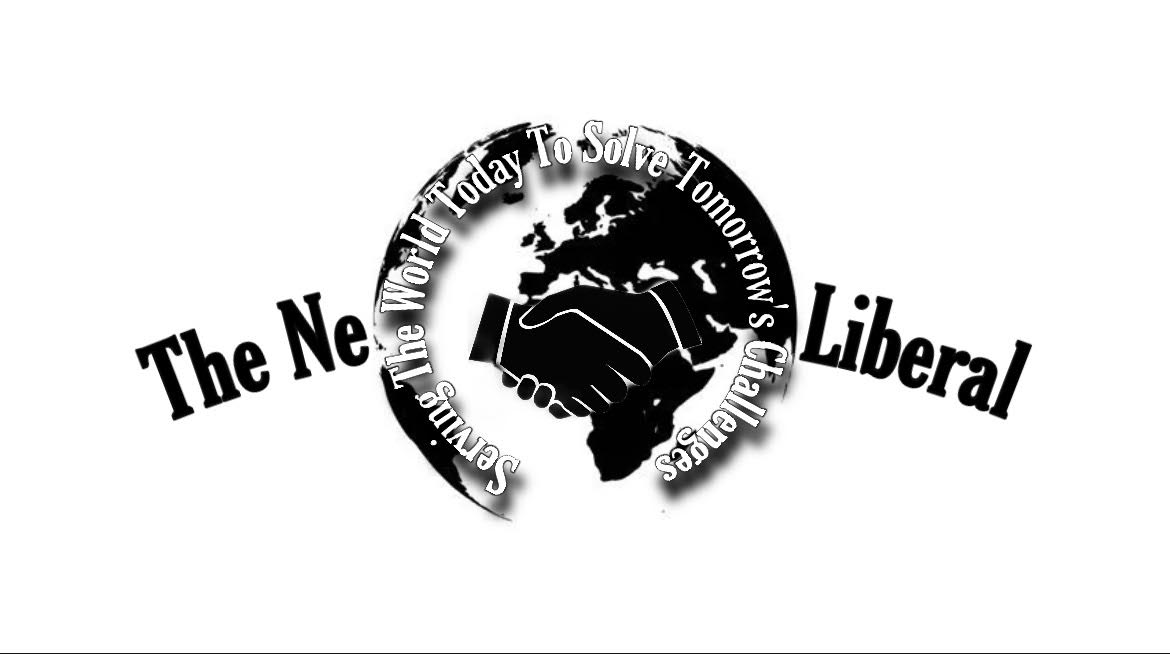The discovery of oil in Guyana and the investment and development in financial technology by young professionals may provide the answers the Caribbean needs to reinvent itself. Michael Manley and Edwards Seaga may have found a socio-political remedy through capitalism or Marxism. Later Bob Marley their contemporaries promoted a new religious consciousness saying they look to a religious consciousness not one based in economics which led to his Rata Tafari. Then There was sports arts and culture with Merlene Ottey and Usain Bolt, Jimmy Cliff and the Reggae Movement (see Keith and Keith), Beenie Man, Louise Bennette, Rex Nettleford and the Jamaica Dance Movement. Yet, the prosperity still resided around servicing the tourist industry. However, through the years the Caribbean has redefined itself learning and reshaping while still building on its new self and prowess in the arts and culture since culture defines a nation. So that today young Jamaicans continue to display their indomitability and creativity carving out a future for Jamaica. People like Kevin Donaldson who had recently created Jamaica’s own remittance company where internationals can send and receive money and their takeover of quick? Today they unveiled a plan for the development of a huge corporate hub. However, we are moving towards tectonic technology so that work is becoming remote. So how is this revolutionary?
In 2021 I wrote an article published in the gleaner asking, “Is There any Hope for Jamaica and the Caribbean?[1] This was in light of the discontent and unrest over the years, rising poverty and corruption, mixed and missed opportunities. However, I recently stumbled on a story in the Gleaner that provided hope for another major development and opportunity for the Caribbean. This was in oil and natural resources. I was reading about some news of discovery in the Caribbean. It was a letter in the Gleaner submitted by Dane McGibbon dated January 26, 2023 entitled: Investing in Guyana could be the answer and was Letter of the Day. In retrospect when the Europeans came they were looking for gold. There was none, however they used the islands to produce sugar which provided the profit they needed until they found other resources and became less interested in the Caribbean. However, according to Dane McGibbon, today, the discovery of oil off the shores of Guyana may prove to be another opportunity for the Caribbean to re-invent itself. However, I must warn that we do not get too optimistic and make the same mistakes that the Congolese states are having with their uranium which has not provided any improvements for Congo only civil wars over control of uranium lands and nepotism and influence from outsiders waiting for opportunities to penetrate and re-monopolize their lands. Nevertheless, according to Dane in the article,
Eight years ago in May 2015, the shape of the Caribbean changed. The first substantial deposits of oil were discovered off the shores of Guyana, a country that until then had struggled despite its richness in natural resources such as bauxite and gold. But blessed with a new type of gold, the modest South American country has since managed to grow leaps and bounds. Now, as Minister Aubyn Hill leads his second mission to Guyana, a new idea has formed.
The staggering pace of Guyana’s recent growth cannot be overstated. Until the emergence of oil and gas, Guyana was the second poorest economy by GDP in the Western Hemisphere, trailing only Haiti. However, by the end of 2021, the country had a GDP per capita that was twice Jamaica’s and almost on par with that of Mexico. Foreign investors understandably came flocking from far and wide, and what they discovered when they arrived was GASCI.
The Guyana Association of Securities Companies and Intermediaries (GASCI) stock exchange was formed in 2003 and only has 19 listings and four licensed brokers. However, it has still seen unprecedented growth similar to that of Guyana’s GDP, with its total market cap increasing by 425 per cent in the past five years and by 58 per cent during 2022 alone.
According to the Guyana Americas Merchant Bank, Jamaican investors are both welcomed and accommodated, with the steps necessary to open an investment account from Jamaica being nearly identical to the experience locally despite the distance. This now presents Jamaican investors with an obvious opportunity – get in early and ride the wave, invest in an economy with almost guaranteed growth.
As the proceeds of Guyana’s oil and gas industry create a newly enriched population with suddenly significant amounts of disposable income, it can be expected that retail investment in GASCI will spring to life, and Jamaican investors who were already in the market will benefit the most. But there will also be the possibility for Guyana to invest in Jamaica. By helping to develop GASCI, cross-listing Jamaican companies, and even establishing a branch of the JSE in Guyana, there is the opportunity for a strategic partnership that transcends commercial exchange and creates not just wealth, but inter-ownership between the countries.
But what does this have to do with CARICOM?[2]

To many Jamaicans, CARICOM still represents unity in name alone. We have made progress in trade and right of movement through the CSME, but true integration has always required something further – it requires ownership. Ownership gives us a tangible interest in the success of a company and by extension a country’s wider economy. Jamaica and Trinidad have come far, and the Eastern Caribbean has done well, but Guyana presents a unique mixture of opportunities that can kick-start this process while benefiting everyone involved.
The synergy of exchanging funding across our borders will supercharge our economies, providing Guyanese companies with the capital they will need to scale and Jamaican investors with lucrative investments, and vice versa. But it’s true power may actually lie in strengthening the CARICOM community.
In an industry that is so driven by self-interest, we suddenly have the opportunity to serve both ourselves and each other. Investing in Guyana, individually and as a country, could be the answer (Dane McGibbon, in Jamaica Gleaner dated January 26, 2023, Letter of the Day | Investing in Guyana could be the answer | Letters | Jamaica Gleaner (jamaica-gleaner.com)
However, I beg to differ with Mr. McGibbon, because what’s lacking is capital intensive investments to boost their capacity to operate around the final stages of production. Jamaica has bauxite but it has not led to any meaningful development and prosperity. We do not have the capacity to use our raw materials and turn it into aluminum. We give that part of the process to post industrial countries and buy it for an arm and a leg securing loans. Uranium has not helped the Congos. They’re having civil wars over their uranium while post industrial countries wait on the sidelines. The Caribbean has always had oil. Trinidad and there were partnerships with Venezuela yet that has not materialized into anything fruitful for the Caribbean. So, Dane’s argument is a hopeful one. The Caribbean has not been devoid of investments and opportunities but we have squandered them. One person asked “where’s the money?” Corruption has long been a sore issue in Jamaica. Politicians have misused the money and or mismanaged it and some have used it for personal gains. Jamaica has been on the UK radar for quite some time and the Jamaica Gleaner published an article indicating: Crooked Politicians on UK Radar.”[3] Further, in 1952, when the first deposits of bauxite were discovered in Jamaica. It marked a new era in Jamaica and the Caribbean. Fast forward seventy-three years later, what has been the result of this natural resource? There is no doubt that Jamaica, like many Caribbean islands, has resources and has been given billions of dollars in investments over the last seventy years, but we have not profited from these. Today, the Caribbean is selling off its beaches and slowly losing the very thing that it has, its tropical beauty mainly enjoyed by tourists and the profits, most of it sent back overseas as royalties while whatever is left is wasted on government aesthetics and their technocrat’s comforts of position. The selfishness that has defined the Caribbean that had led to the demise of the “West Indies Federation (1958)”,[4] and several attempts to strengthen the Treaty of Chaguaramas [5] into a stronger union is the same selfishness that persist that has dogged our development. To each his own. In this drive to realize the nation, the unity and community gets lost in nationalists’ personal interests of self-government. The issue was either to share power or keep power for self. So if Guyana’s oil provides any hope for the Caribbean, it must be a hope that must lead to something better and requires learning from the past and moving away from the selfish and competitive drives that had truly affected the power of what Caribbean unity could bring and mean for the Caribbean.
You Can Participate in our Poll Question:
What opportunities are there for CARICOM to reinvent itself? Participate in the poll & listen to #TheNeoliberalRound #Podcast entitled: "What Opportunities are there for @caricom to reinvent itself? #Guyana's Oil & the #HaitianCrisis. @spotify https://t.co/VAb0B2Iddl
— Renaldo C. McKenzie (@RenaldoMcKenzie) February 13, 2023
[2] The Caribbean Community (CARICOM) is a grouping of twenty countries: fifteen Member States and five Associate Members. It is home to approximately sixteen million citizens, 60% of whom are under the age of 30, and from the main ethnic groups of Indigenous Peoples, Africans, Indians, Europeans, Chinese, Portuguese and Javanese. The Community is multilingual; with English as the major language complemented by French and Dutch and variations of these, as well as African and Asian expressions, Who we are – CARICOM
[3] Crooked politicians on UK radar | Lead Stories | Jamaica Gleaner (jamaica-gleaner.com)
[5] The Treaty of Chaguaramas established the Caribbean Community and Common Market, popularly known as CARICOM. It was signed on 4 July 1973 in Chaguaramas, Trinidad and Tobago.[1] It was signed by Barbados, Guyana, Jamaica, and Trinidad and Tobago. It came into effect on 1 August 1973. The treaty established the regional institution while replacing the Caribbean Free Trade Association which ceased to exist on 1 May 1974. The revised treaty, signed in 2001, created the Caribbean Single Market and Economy.

Error: Contact form not found.

